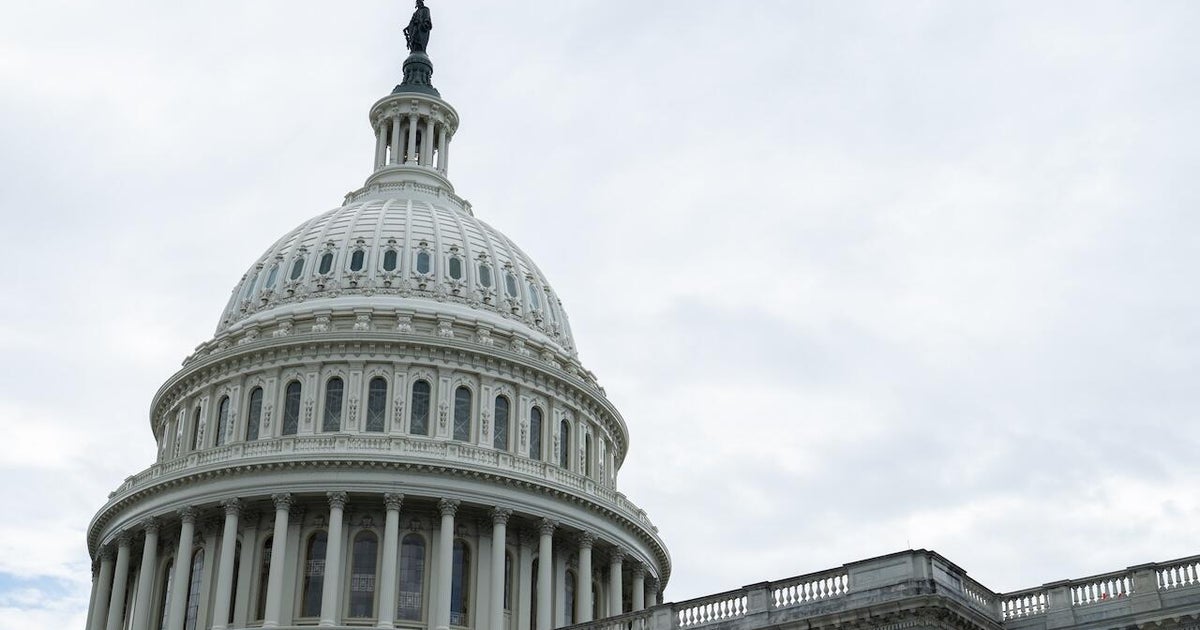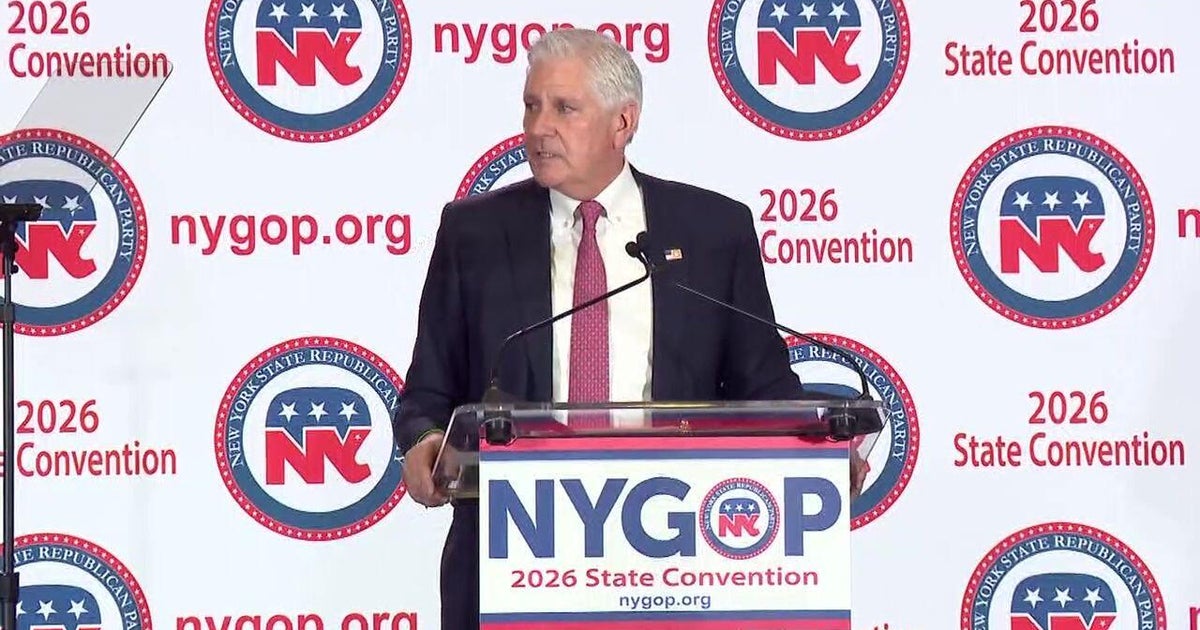Analysis: Lackluster Turnout For Schauer Hurt Dems
By David Eggert, Associated Press
LANSING (AP) — Democrats' plan to spoil Gov. Rick Snyder's re-election was clear from the beginning: coax a lot more of their sporadic voters to cast ballots this time around.
It didn't work.
Without higher turnout — overall statewide turnout actually dropped by 2.5 percent from 2010 — the other way for Mark Schauer to defeat the Republican incumbent could have been to win over independents. Snyder, however, fared very well with that group and did slightly better with his core base of GOP voters than Schauer performed with Democrats.
Three in 10 Michigan voters identified themselves as independents or members of other parties and, of those, Snyder prevailed by an almost 2-to-1 margin, according to the results of an exit poll conducted for The Associated Press and television networks.
Of the four in 10 who called themselves Democrats, 89 percent went for Schauer and 10 percent with Snyder. Three in 10 said they were Republicans — 94 percent voted for the governor, 6 percent for Schauer.
The GOP was predictably delighted with Tuesday's results. Senate Majority Leader Randy Richardville, addressing fellow Republicans' gripes with Snyder's campaign for not burying the lesser-known Schauer earlier in the race, said Snyder isn't a typical politician.
"Rick Snyder isn't as concerned sometimes about telling the story as he is about getting the work done," he said. "But he worked hard, people believed the story and he got re-elected. ... We've been looking for a guy like this for a long time. Just because he's not a salesman doesn't mean he's not a hell of a governor."
Democrats have some soul-searching to do after falling 4 points short in the top-of-the-ticket governor's race, which likely contributed to them losing seats in a GOP-led Legislature where Republicans had the advantage of districts drawn in their favor.
While Democrats didn't spur enough like-minded people to vote, turnout and President Barack Obama's unpopularity alone don't entirely explain their setbacks. They won, for instance, almost every state education or university board seat in play, indicating a base turnout edge.
They might be wise to study the campaign of Democratic U.S. Rep. Gary Peters, who trounced Republican Terri Lynn by 13 points for an open U.S. Senate seat on a night Democrats nationally lost control of the Senate.
He won more votes than any other candidate on Michigan's ballot and carried most demographic groups: men, women, all ages and income levels. Many attribute Peters' blowout win to Land's lackluster candidacy.
But Ed Sarpolus, a political analyst and pollster, said voters also connected with Peters. He ran a TV ad, "Frugal," in which his wife and daughters poked fun at their old washing machine and his frayed sweatshirt and ragged shoes. Other ads focused on his military service and Michigan roots.
"How much did you learn about Mark Schauer the man and his family? Nothing. ... There was no humanization of Mark Schauer. It was always attacks," said Sarpolus, who conducted his own exit polling that found Schauer was largely an unknown quantity compared with the governor.
He said Schauer's decision to flog Snyder on two major issues — taxing retirement income and cutting education funding — was an effort to persuade 2010 Snyder supporters to switch their vote.
"But he didn't have issues to drive Democrats," Sarpolus said, contending that while Peters had a broader agenda for moderates and women, the governor's election ultimately determines overall voter numbers.
In AP's exit poll of 2,243 Michigan voters, the only major demographic Land took was white men, who supported her 52 percent to 44 percent and Snyder 63 percent to 35 percent. White women backed Peters, 52 percent to 45 percent, and Snyder 54 percent to 45 percent.
Peters took 95 percent of the Democratic vote and Land just 3 percent. Among black voters, 90 percent voted for Peters and 6 percent for Land. Schauer carried 89 percent of blacks and Snyder 9 percent.
Snyder's re-election and Peters' promotion to the Senate aren't surprises. Snyder is the sixth straight governor to be re-elected to a second term. Democrats haven't lost a presidential race in Michigan since 1988 and a Senate election since 1994.
Yet for Democrats, it could be a long four years of GOP control in Lansing until they get another chance to fix their midterm election problems.
House Democratic Leader Tim Greimel said he didn't think it was possible fewer people would vote than four years ago.
"We need to look into that and try to identify what the explanations are," he said. "The state party was very focused on and worked hard toward getting high voter turnout. I can't think of anything offhand that they could have done more or better."
Copyright 2014 The Associated Press. All rights reserved. This material may not be published, broadcast, rewritten or redistributed.







